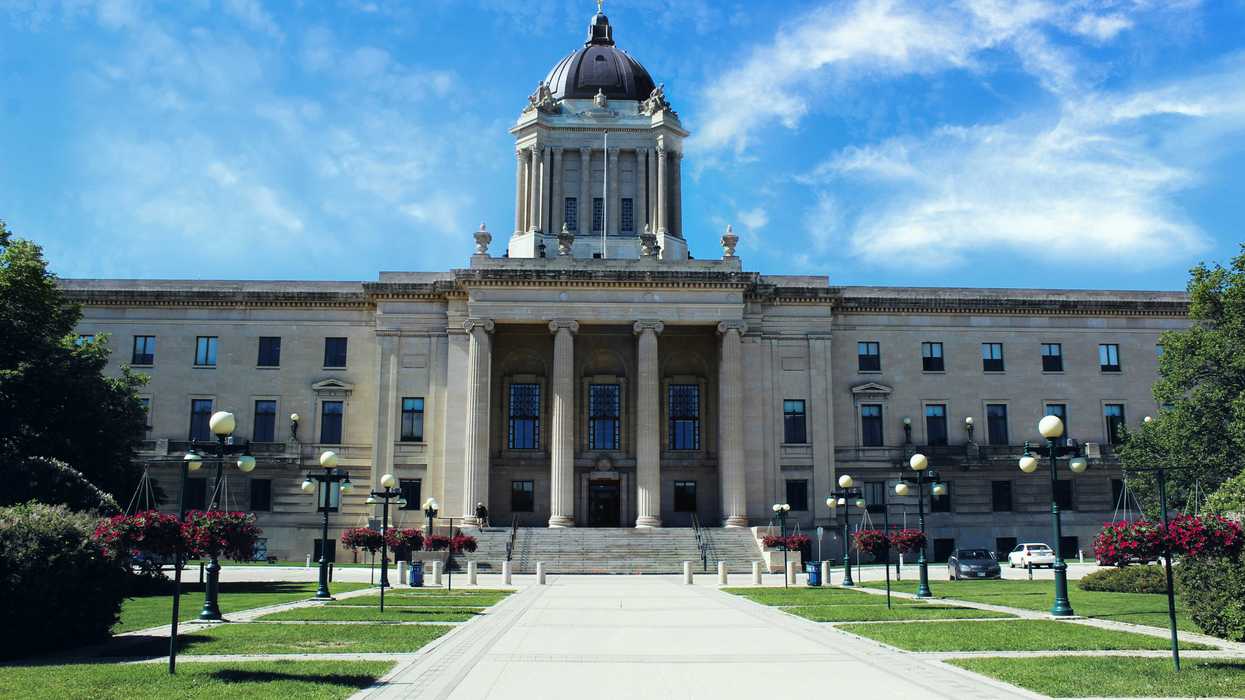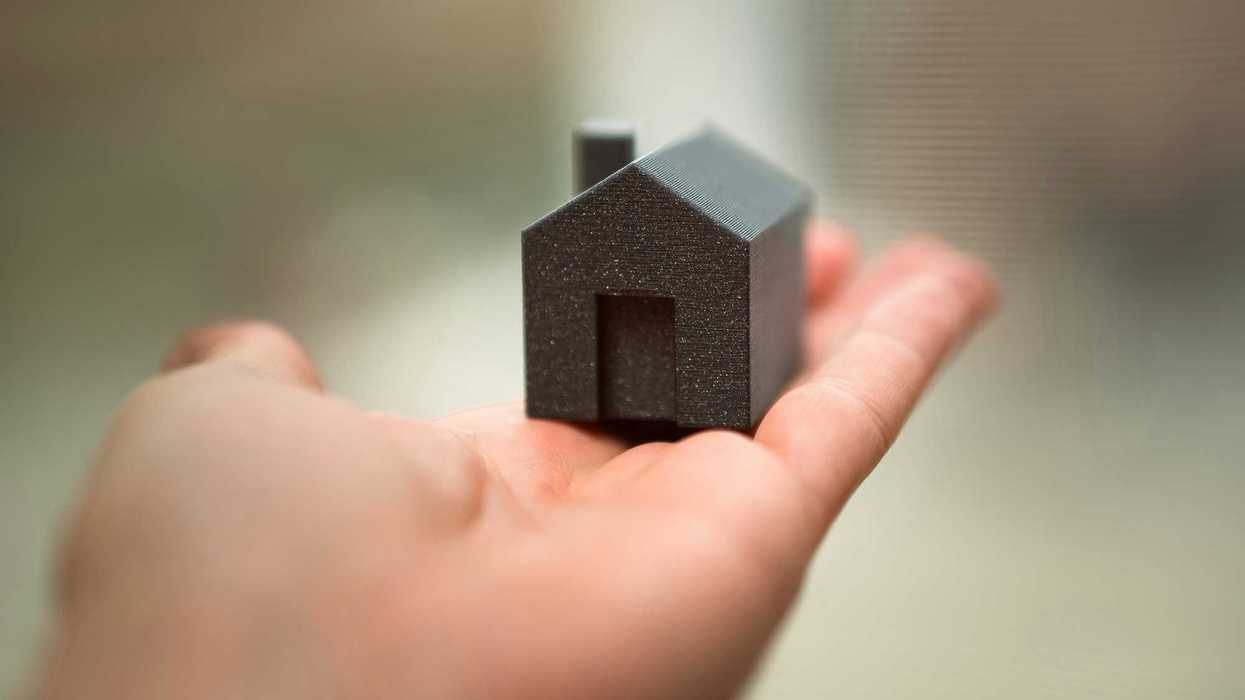A plan under the Trump administration to rewrite U.S. Environmental Protection Agency chemical risk evaluations could wipe out hundreds of state-level bans on hazardous substances like PFAS, exposing Americans to higher levels of toxic chemicals in everyday products.
Tom Perkins reports for The Guardian.
In short:
- The EPA has proposed a new rule that would change how chemical risks are evaluated, potentially overturning state bans on substances like PFAS, asbestos, lead, mercury, and phthalates.
- The plan would require chemicals to be assessed use-by-use, rather than as a whole, allowing many uses to be deemed "safe" despite cumulative exposure risks.
- Public health advocates say the move favors industry, undermines protections like California's Proposition 65, and could delay regulation for years, even as states continue to pass their own laws.
Key quote:
“This will increase health risks to consumers by exposing them to toxic chemicals.”
— Anonymous EPA employee
Why this matters:
The move by the federal government to change chemical risk evaluation and potentially preempt state-level rules could prolong widespread chemical exposures, particularly in communities already burdened by environmental health disparities. Since people are rarely exposed to one chemical at a time, cumulative impacts — from a mix of PFAS, pesticides, flame retardants, and more — can quietly accumulate over years.
Related:
- Former chemical lobbyist now oversees EPA’s new chemical approvals
- New Trump-era EPA move could let polluters dodge toxic air rules
- Trump promises action on toxics while his EPA weakens chemical rules
- Trump administration moves to dismantle EPA’s science office
- EPA’s research office faces deep cuts, sparking alarm over environmental protections














